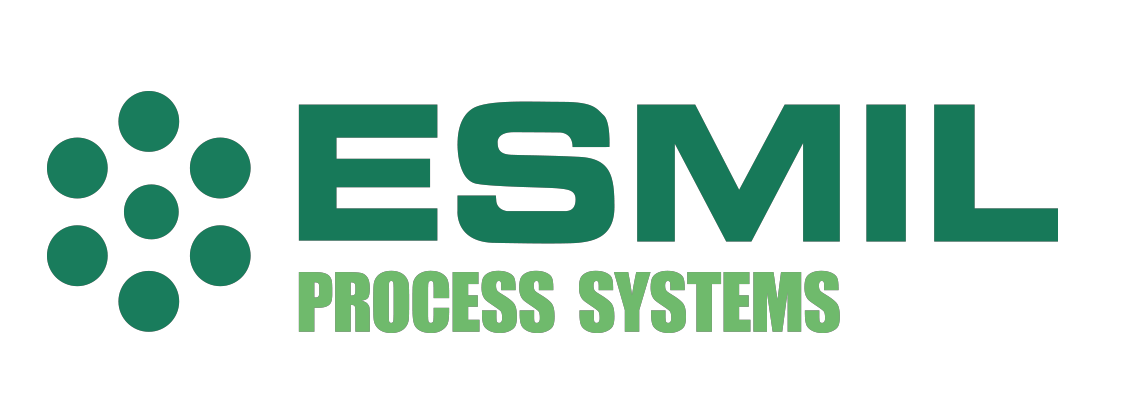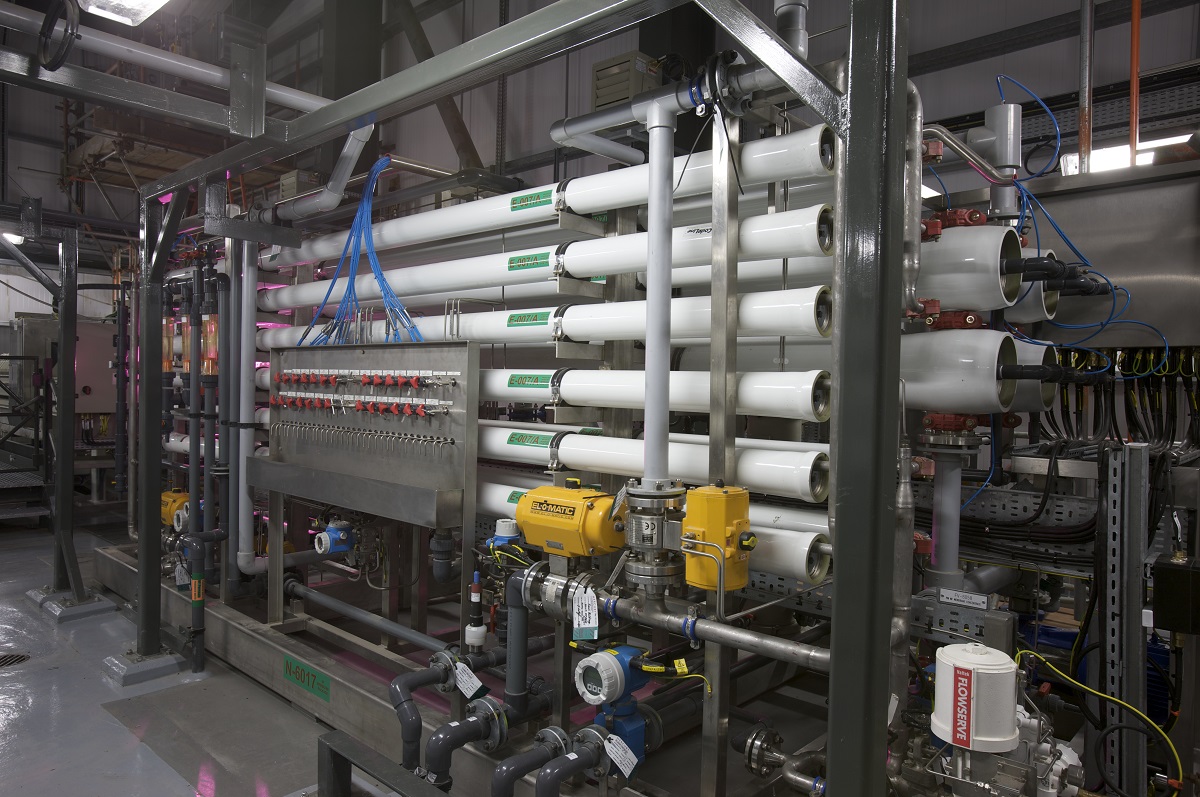Ultrafiltration (UF) occurs whereby hydrostatic pressure forces a liquid against a semi-permeable membrane, often utilising cross-flow membrane filtration. Water and low molecular weight solutes permeate through the membrane, whilst suspended solids and solutes of high molecular weight remain excluded.
Ultrafiltration is used in a range of applications involving chemical, pharmaceutical, food and beverage processing, waste water treatment, and other industries. It is the heart of Membrane Bio Reactor (MBR) technology. UF can be employed to aid in flow recycling or to add value to products. A major attraction of UF is the ability to purify, separate, and concentrate target macromolecules in continuous systems. This is achieved by pressurizing the solution flow, which is tangential to the surface of the supported membrane (cross-flow filtration).
The solvent and other dissolved components that pass through the membrane are known as permeate; components that do not pass through the membrane are known as concentrate. Depending on the ability to retain solutes of specific size of the membrane used, macromolecules may be purified, separated or concentrated in either the permeate or in the retentate.

